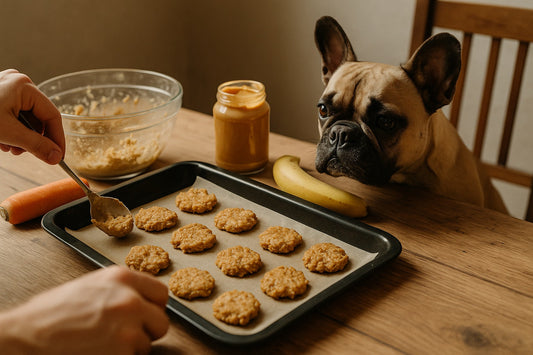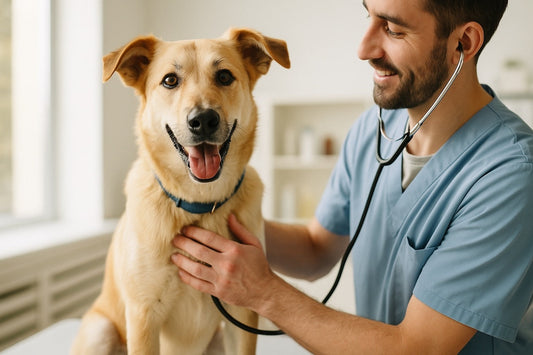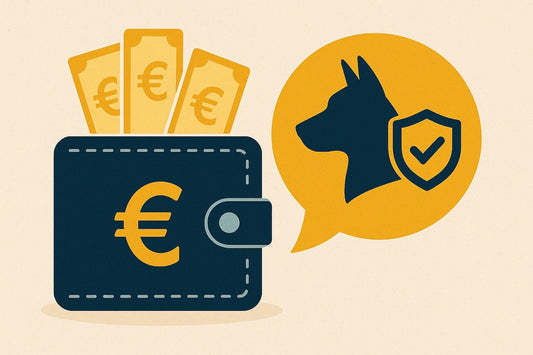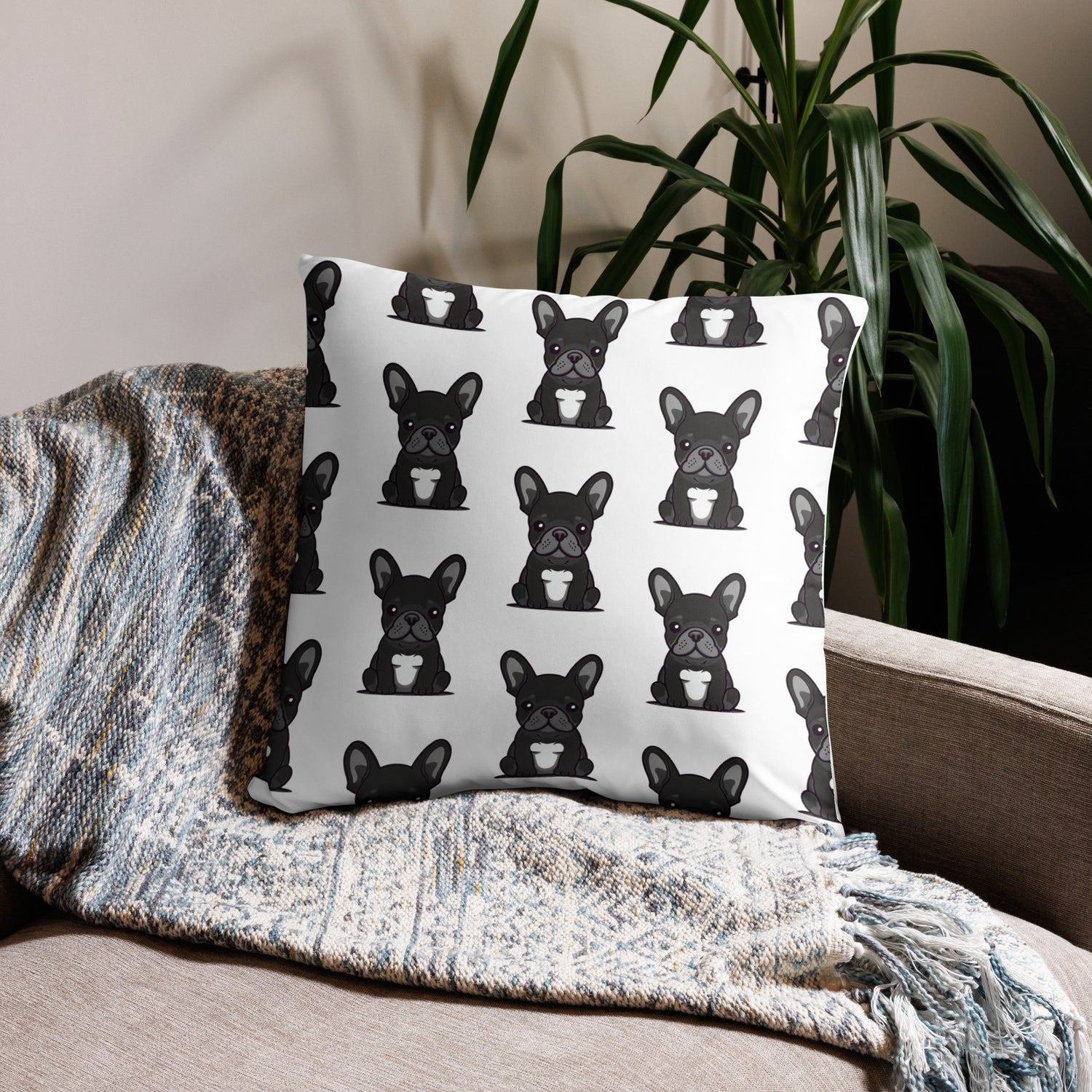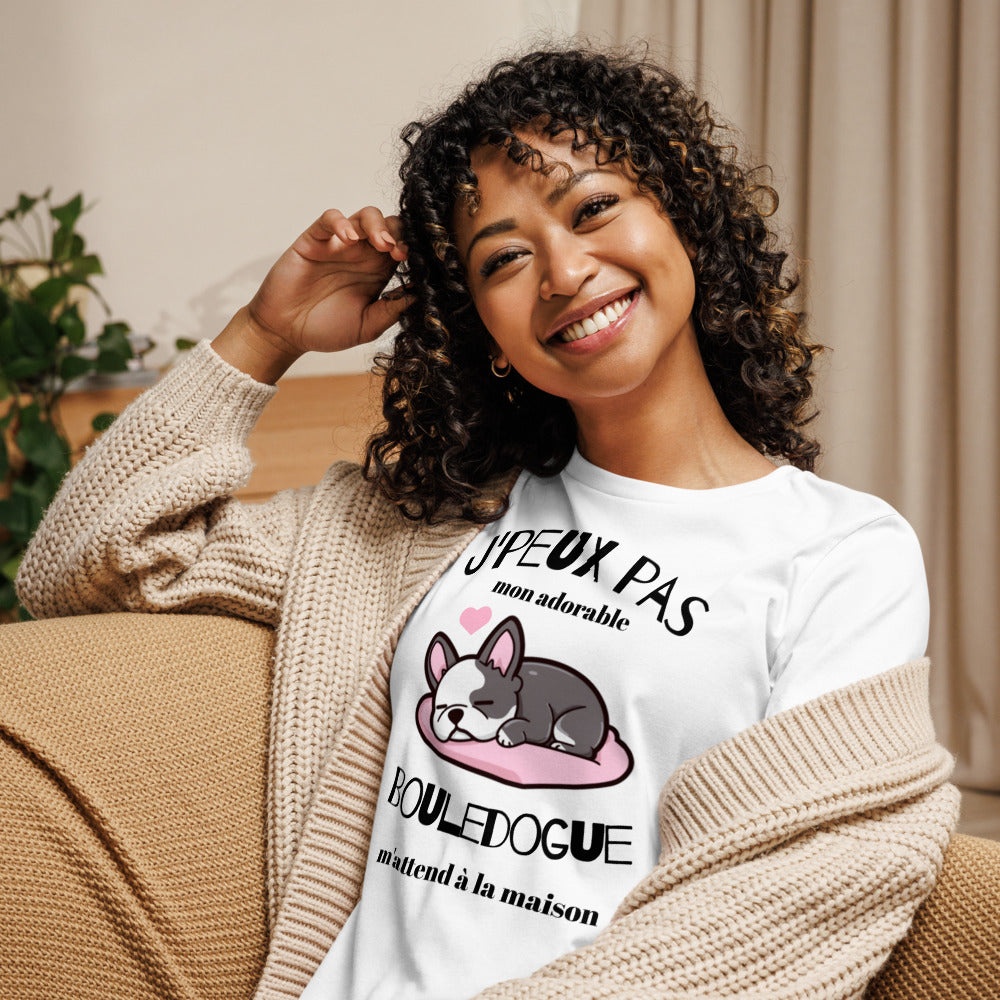Paw licking is a common behavior among our canine friends. But when it becomes excessive, it can be a sign of an underlying problem. As a French bulldog owner, I have often been confronted with this situation. Understanding the reasons for this behavior and knowing how to react to it is essential for the well-being of our four-legged friends.
Why does my dog lick his paws excessively?
Occasional paw licking is a natural behavior in dogs . It can be a simple grooming gesture or a way to relax. However, when this behavior becomes excessive, it can be a sign of a more serious problem.
There can be many causes of excessive paw licking:
- Pain : An injury, foreign body, insect bite, burn or arthritis may cause your dog to lick himself to relieve pain.
- Itching : Allergies, parasites or infections can cause intense itching.
- Stress and Anxiety : Licking can be a way for dogs to calm down in stressful situations.
- Boredom : A dog that lacks stimulation may develop this behavior out of idleness.
- Obsessive Compulsive Disorder (OCD) : In some cases, licking can become a compulsive behavior.
I remember my French bulldog, Milo, who was constantly licking his right front paw. Upon close inspection, I discovered a tiny thorn lodged between his pads. Once removed, the behavior stopped.
What are the risks if my dog licks his paws too much?
Excessive paw licking is not without consequences. It can lead to:
- Skin lesions and wounds
- Secondary bacterial infections
- A worsening of the initial behavior
- Licking dermatitis , a chronic skin condition
These complications can be painful for your dog and require expensive veterinary care, so it's crucial to act quickly as soon as you notice excessive licking.
Here is a summary table of the main risks and their symptoms:
| Risk | Symptoms |
|---|---|
| Skin lesions | Redness, visible sores, hair loss |
| Bacterial infections | Unpleasant odor, oozing, crusting |
| Lick dermatitis | Area of thickened, hyperpigmented, often moist skin |
How do I stop my dog from licking his paws?
When dealing with a dog that licks its paws excessively, it is vital to take a holistic approach. Here are some effective strategies for managing this behavior:
- Examine the legs carefully : Look for signs of injury, foreign bodies or parasites.
- Treat the underlying cause : If you identify a medical problem, consult your veterinarian for appropriate treatment.
- Treat lesions locally : Use soothing and healing products recommended by your veterinarian.
- Managing stress and anxiety : Consider natural supplements or, in severe cases, medications prescribed by your veterinarian.
- Keep your dog busy : Increase his physical and mental activity with games, walks and interactive toys.
As a French Bulldog owner, I have found that environmental enrichment is particularly effective. For example, I created an obstacle course in my living room to mentally and physically stimulate my dogs. This activity has significantly reduced their excessive licking behaviors.
When should you see a vet?
While some measures can be taken at home, it is important to know when to consult a professional . Here are the situations that require a visit to the veterinarian:
- The behavior persists or worsens despite your efforts
- You notice a major wound or infection
- Your dog is showing signs of pain or discomfort
- You suspect a problem with anxiety or depression
Remember, prevention is always the best approach. Make sure to provide your dog with regular physical and mental activity, manage stress, perform regular paw care, and keep his parasite treatments up to date.
As an entrepreneur with a passion for French Bulldogs, I have made educating owners on these issues an integral part of my mission. I firmly believe that an informed community is the key to happy and healthy dogs.
Remember that every dog is unique. What works for one may not work for another. Careful observation and patience are your best allies in understanding and solving the problem of excessive paw licking in your faithful companion.


